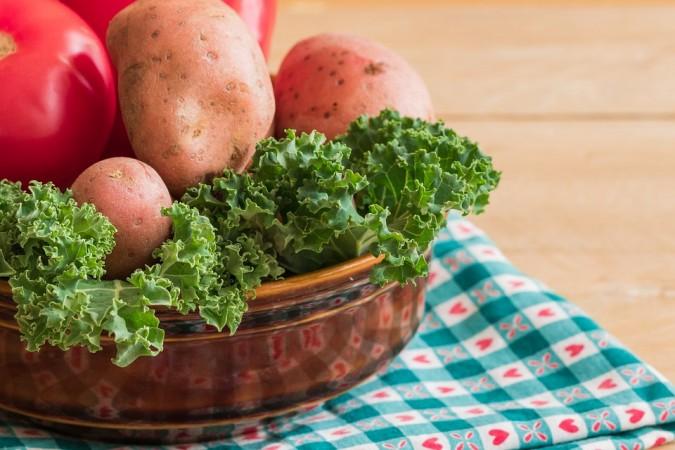
Many people experience bloating, a condition where your belly swells after eating, even when a healthy diet is followed. It is usually caused by excess gas production.
ALSO READ: What is juvenile arthritis? All you need to know
In such a situation, these are the tips given by a registered nutritionist and founder of Real Nutrition NYC, Amy Shapiro:
1. Avoid drinking cold fluids while eating
The digestive enzymes in our body get secreted depending on how we eat our food rather than what we eat, according to nutritionist Shapiro, Daily Mail reported. According to experts, we should avoid consumption of liquids while we eat and chew the food slowly to prevent bloating.
The digestive enzymes are secreted in the saliva when we eat and consuming water or any other drinks will affect the dilute
"You end up diluting your digestive enzymes," Shapiro stated.
She also advised consuming fluids that are warm or at room temperature to enhance the process of digestion. Having warm liquids also enhances bowel movement and keeps bloating at bay.
ALSO READ: You can make your salad healthier by doing THIS!
2. Chew your food properly
If food is not chewed properly, it can result in indigestion. Eating in a hurry can result in swallowing excess air which leaves you feeling bloated. Chewing properly and eating slowly aids the process of digestion.
"The first step of digestion happens in the mouth. Properly chewing helps you break it down," Shapiro said," Shapiro said.
ALSO READ: Sleeping without your underwear can do wonders! Here's how
3. Avoid having healthy foods that are difficult to digest
Healthy food such a kale and lactose are two foods that most of Shapiro's patients find hard to digest especially when they eat them in large quantities. Kale contains insoluble fibre hence digesting it becomes hard for the gastrointestinal system. Hence it is advised to boil it before eating.
Lactose, a kind of sugar that is found in a majority of the dairy products becomes hard to digest if there is lack of production of lactase enzyme by the small intestine. This proves that low-calorie diet is not always easy for the body to digest.
ALSO READ: Mother refuses to breastfeed "alien" baby born in Bihar, India [VIDEO]
4. Eat foods that trigger digestion
There are many foods that aid digestion such as ginger, peppermint, papaya, pineapple, cumin, fennel seed etc.
These items help in secretion of saliva along with gastric juices and bile that break proteins, fats and other nutrients present in the food and help in speeding up the digestion process.








